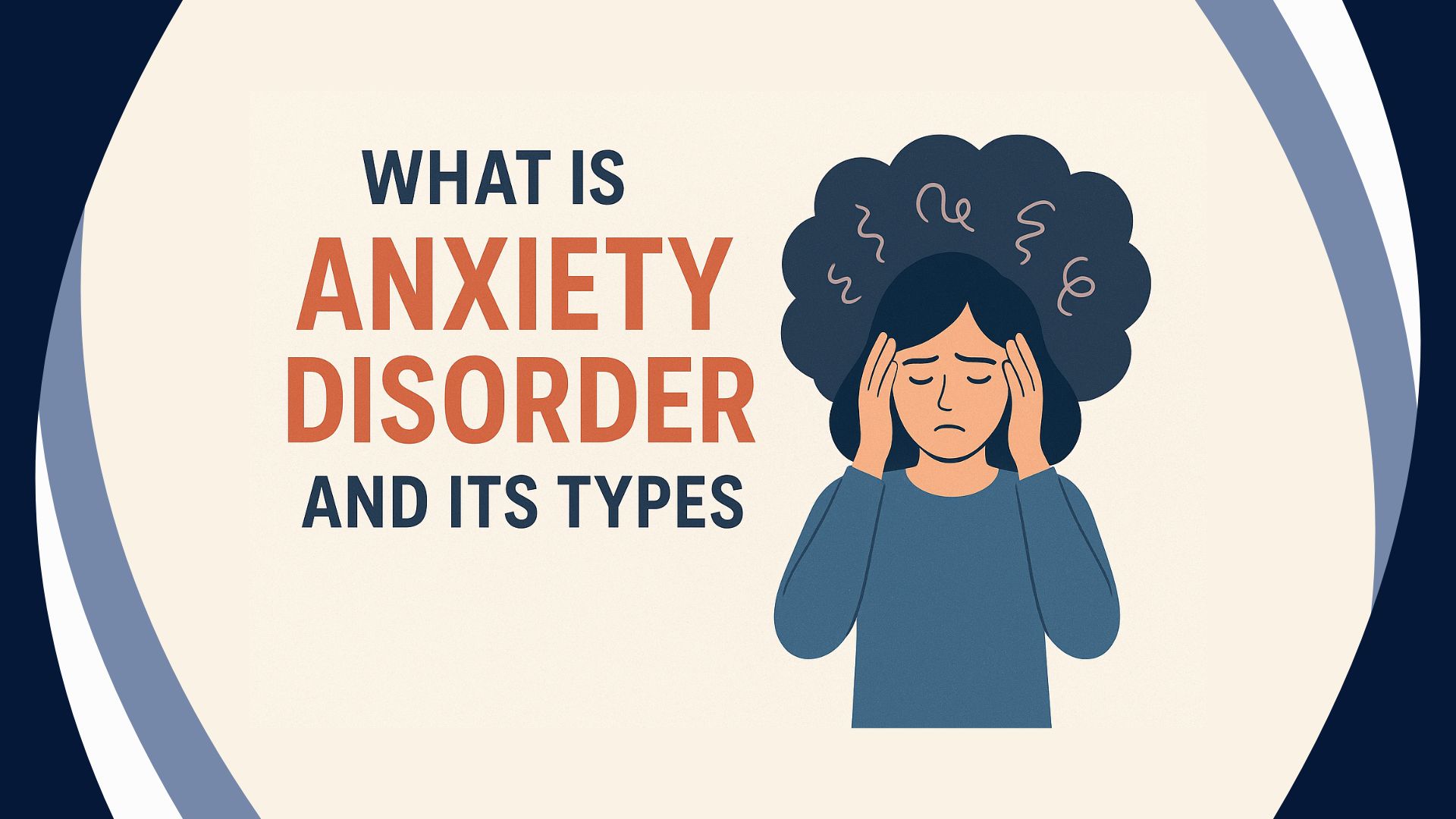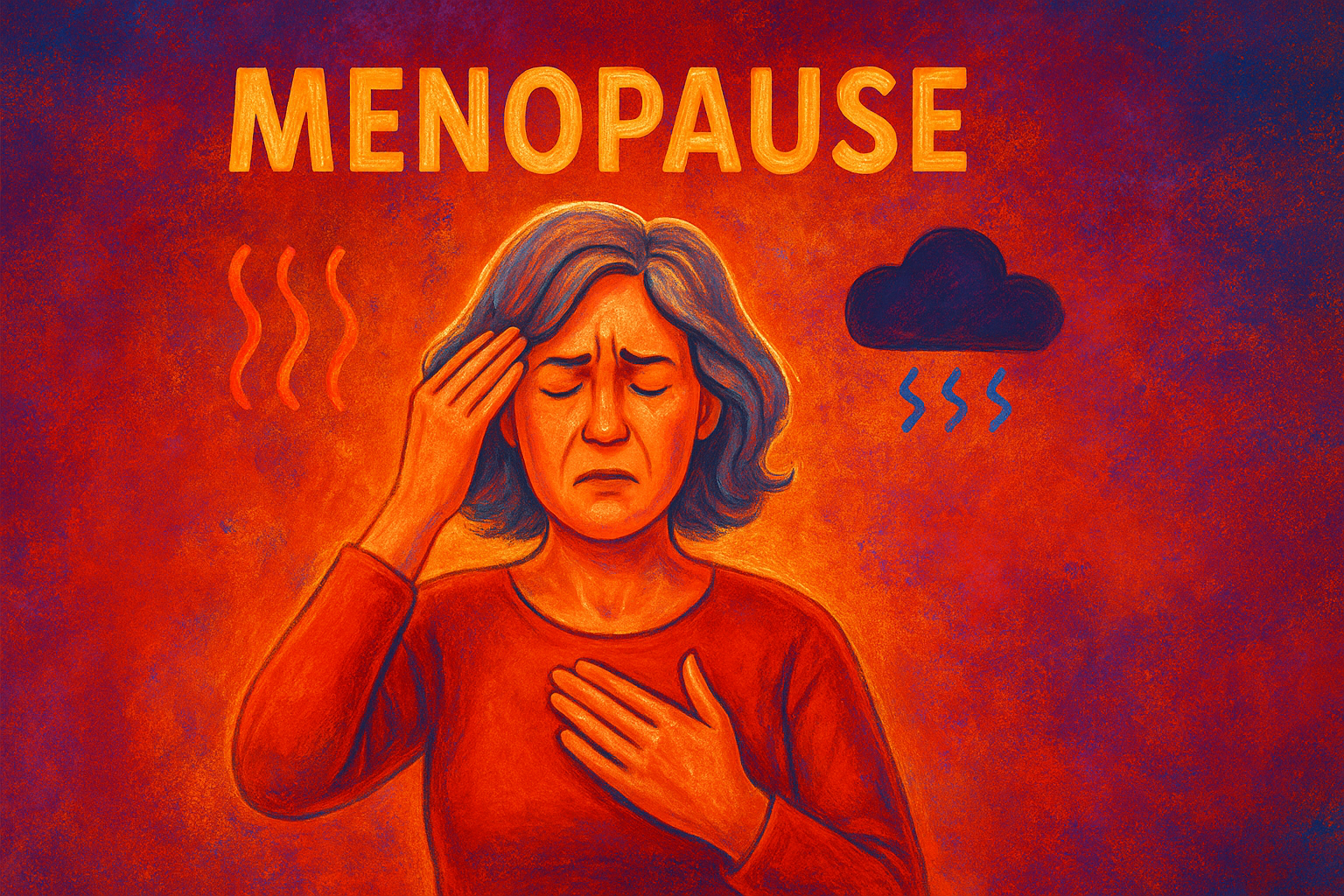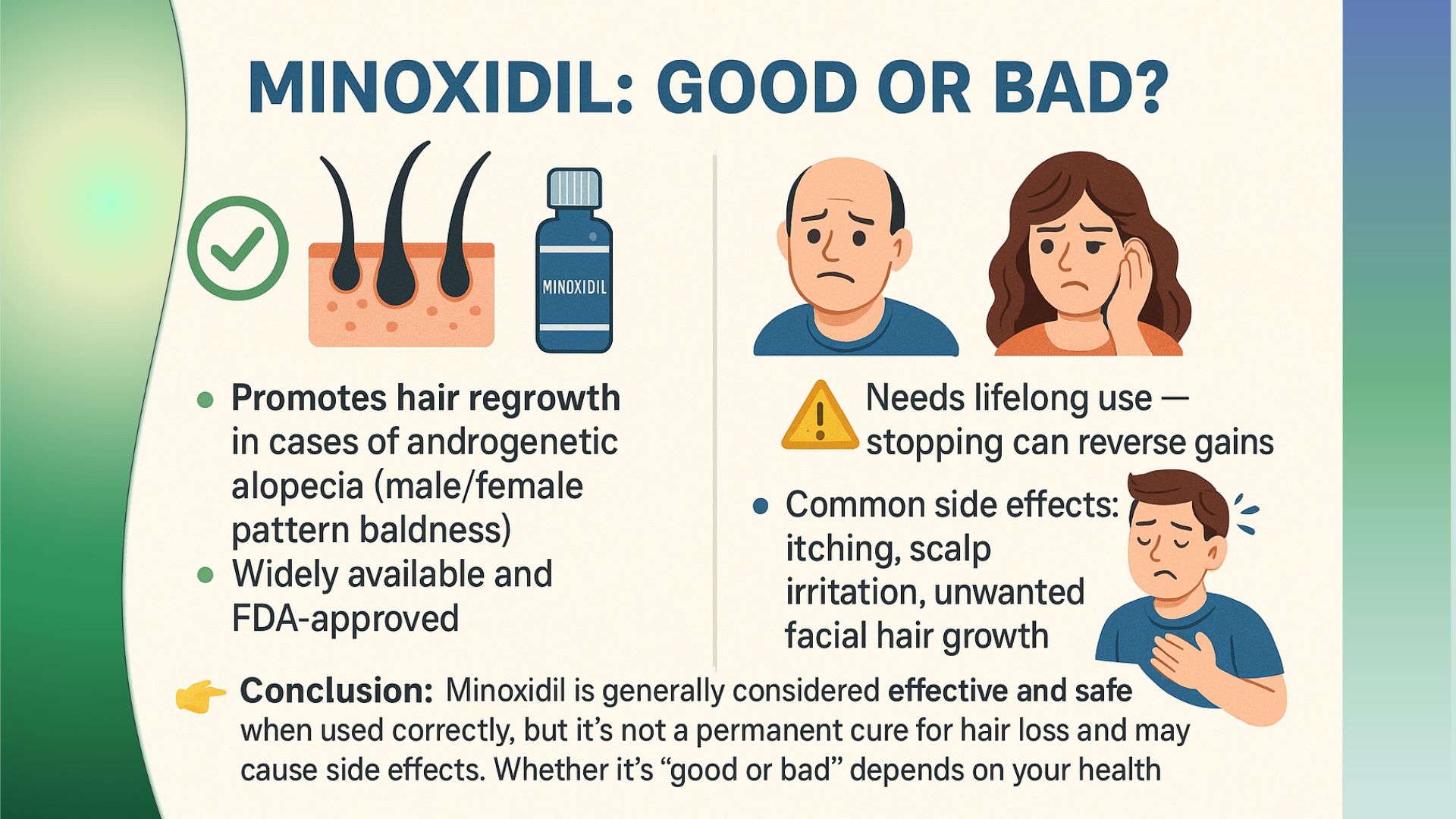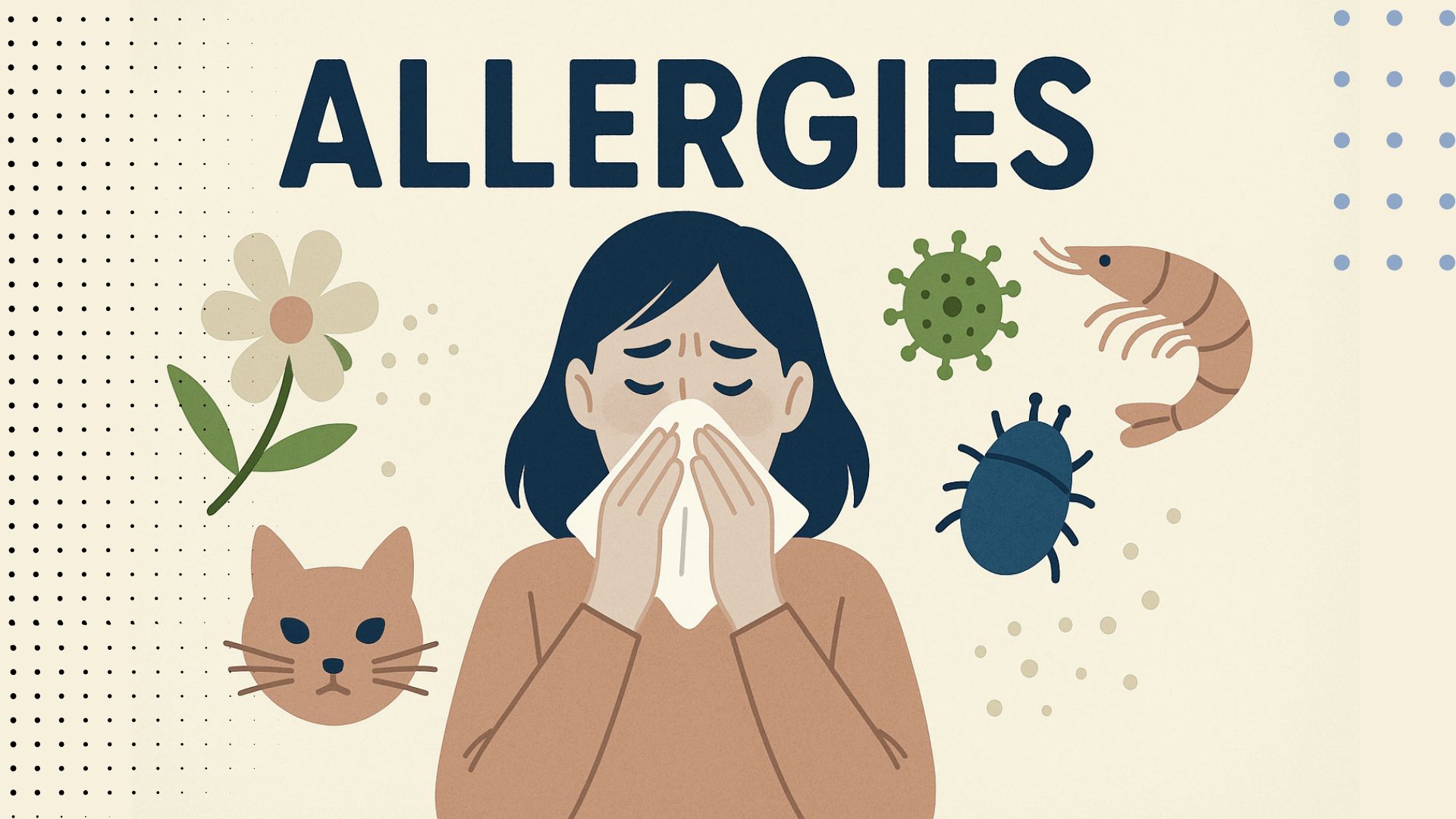What is Malaria?

Malaria is a serious disease caused by tiny organisms called Plasmodium that are spread by certain mosquitoes, especially female Anopheles mosquitoes. When one of these mosquitoes bites you, the parasite can enter your bloodstream.
How Malaria Works
- In the Mosquito:
- Parasite Transfer: An infected mosquito bites a person and injects Plasmodium parasites into their bloodstream.
- Liver Stage: Those parasites travel to the liver, where they multiply and then release more parasites into the blood.
- In the Human:
- Blood Stage: The new parasites infect red blood cells, multiply inside them, and cause the cells to burst. Due to this, symptoms like fever and chills appear.
- Reproduction: Some parasites change into forms that continue the cycle when mosquitoes bite an infected person.
Symptoms of Malaria
It usually shows up about 1 to 2 weeks after being bitten by an infected mosquito. Common signs are:
- Fever and Chills: High fever followed by chills.
- Headache and Muscle Pain: Severe headaches and muscle aches.
- Nausea and Vomiting: Feeling sick to your stomach and preferably thrown up.
- Anemia: The destruction of red blood cells increases the weakness.
- Enlarged Spleen: This can cause stomach pain.
In severe cases, it can affect the brain, lead to severe anemia, or cause organ failure, which can be very dangerous.
How Malaria is Diagnosed
- Microscope: Doctors look at a blood sample under a microscope to see if Plasmodium parasites are present.
- Rapid Tests: Simple tests that can quickly show if you have malaria.
- Molecular Tests: Advanced tests that look for the parasite’s DNA.
How Malaria is Treated ?
Treatment depends on the type of Plasmodium and how severe the disease is. Common treatments are:
- ACTs (Artemisinin-Based Combination Therapies): Medicines that are very effective for most cases of malaria.
- Chloroquine: Works against some types of malaria but resistance is growing.
- Primaquine: Used to get rid of parasites hiding in the liver.
- Quinine: Used for severe cases, often with other medicines.
How to Prevent Malaria?
- Mosquito Control: Use bed nets treated with insecticide and spray your home to keep mosquitoes away.
- Personal Protection: Wear long sleeves and use insect repellent.
- Preventive Medicines: Take special medicines if you’re traveling to an area where it is common.
- Vaccines: There is a vaccine for children in some places that can help protect against it.
Global Impact
Malaria is mainly found in tropical and subtropical regions, especially in Africa, parts of Asia and South America. It is a major health problem worldwide and efforts are underway to improve prevention, treatment and research into new solutions.
Challenges
There are some big challenges in fighting malaria:
- Drug Resistance: Some parasites are becoming resistant to treatments.
- Mosquito Resistance: Mosquitoes are becoming resistant to insecticides.
- Healthcare Issues: In some areas, healthcare systems are not strong enough to deal with malaria effectively.






